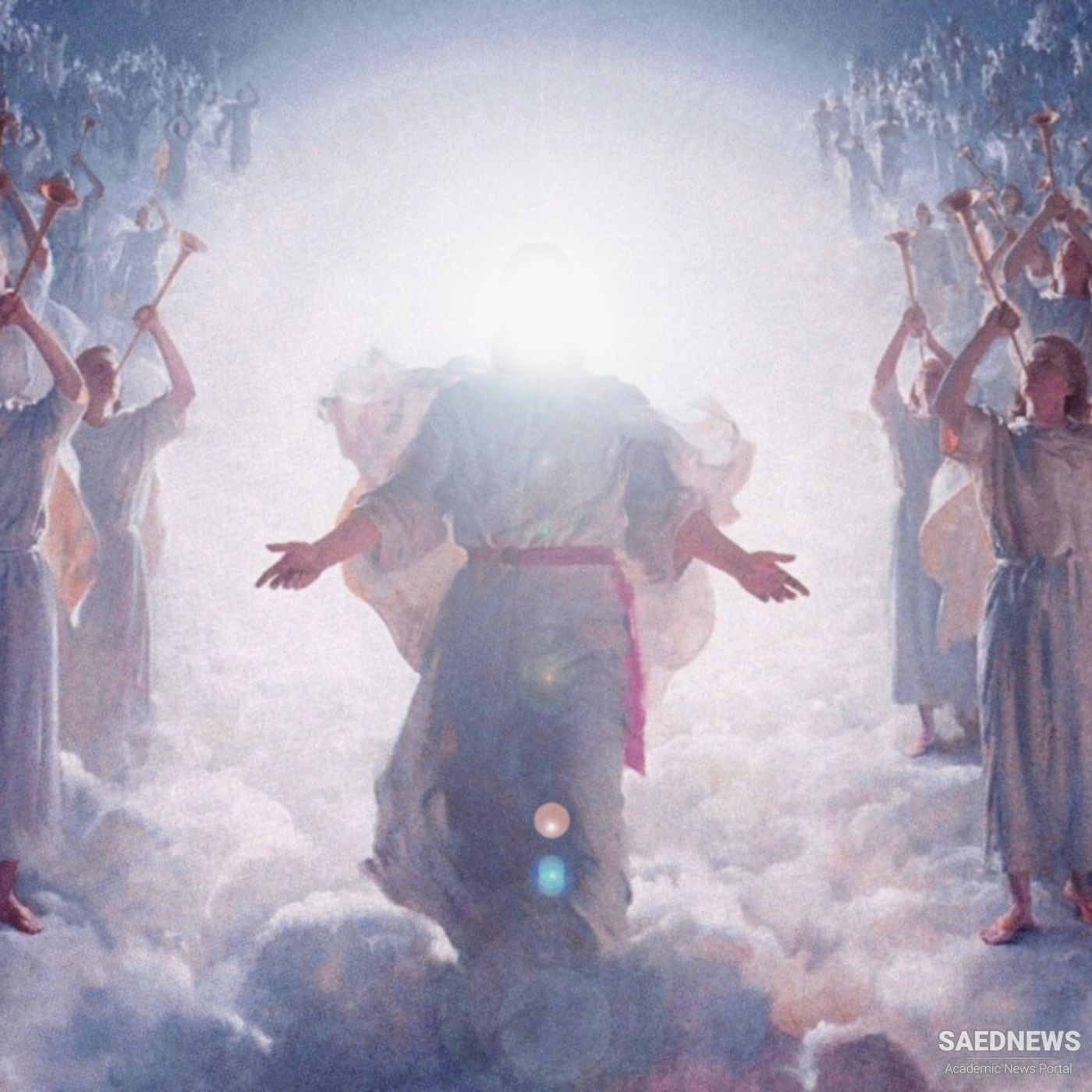In his scholarly work on the subject, Islamic Messianism, Sachedina elaborates thusly: The term “messianism” in the Islamic context is frequently used to translate the important concept of an eschatological figure, the Mahdi, who as the foreordained leader “will rise” to launch a great social transformation in order to restore and adjust all things under divine guidance.
The Islamic messiah, thus, embodies the aspirations of his followers in the restoration of the purity of the Faith which will bring true and uncorrupted guidance to all mankind, creating a just social order and a world free from oppression in which the Islamic revelation will be the norm for all nations.
Thus it is fair to say that the “rising” of the Mahdi is to the majority of Muslims what the return of Jesus is to Christians. While Christians await the return of Jesus the Messiah to fulfill all of God’s prophetic promises to the people of God, Muslims await the appearance of the Mahdi, to fulfill these purposes.
Sheikh Kabbani likewise identifies the Mahdi as Islam’s primary messiah figure: Jews are waiting for the Messiah, Christians are waiting for Jesus, and Muslims are waiting for both the Mahdi and Jesus. All religions describe them as men coming to save the world.


 Shia Islam and Mahdawyah
Shia Islam and Mahdawyah














































